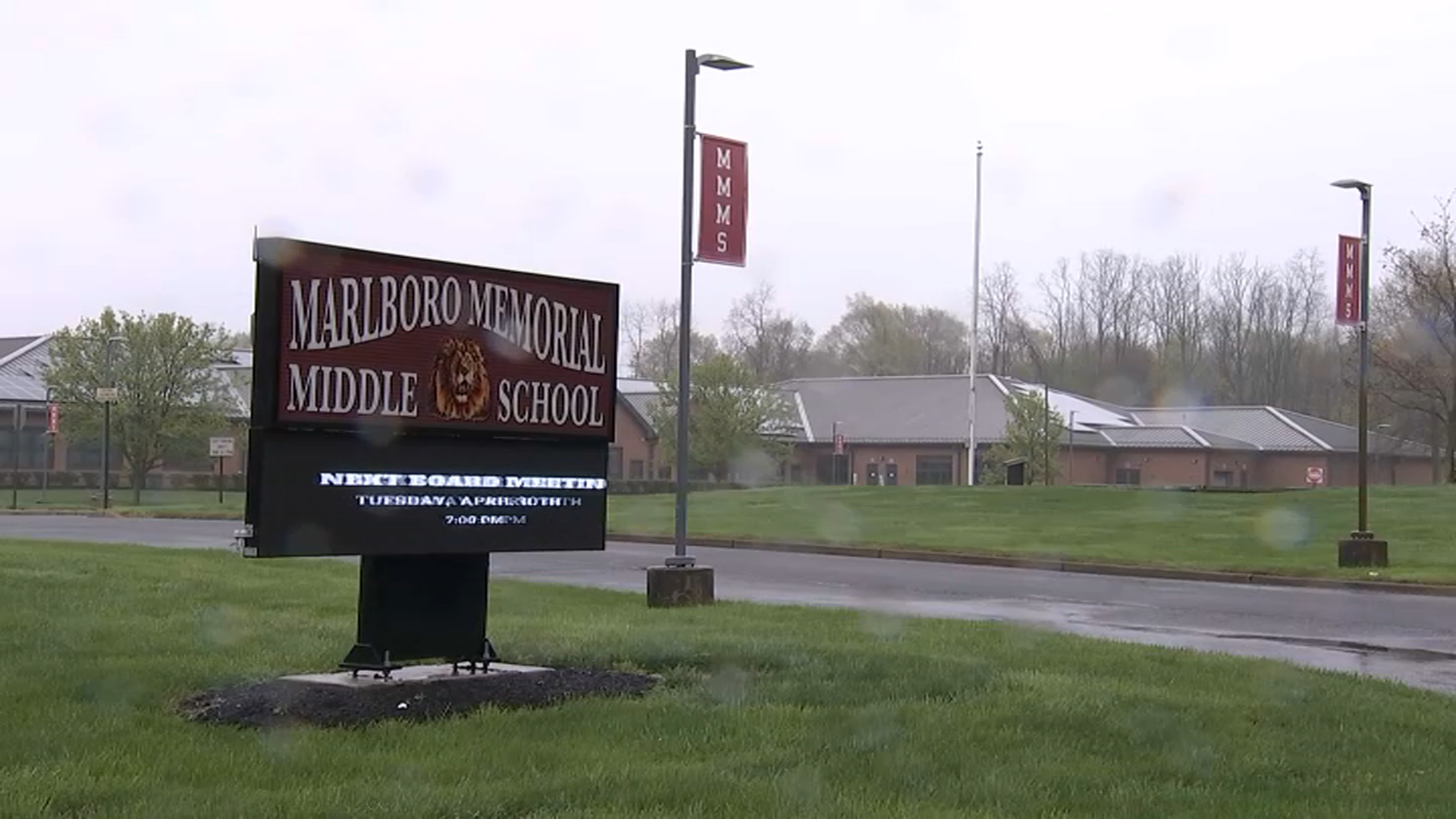There's no minimum wage hike or property tax relief, but New York lawmakers did insert a tax cut for luxury yachts in this year's state budget agreement, the details of which emerged Monday just as lawmakers prepared to vote.
Cuomo and top lawmakers hailed the $142 billion spending agreement when they announced it late Sunday night. It includes $1.4 billion in new education funds, along with plans to revise teacher evaluations and require lawmakers to disclose more about their outside income — though the new disclosure rules would have big exemptions for lawyers in the Legislature who say their clients have little connection to state government.
Other big items were left out of the budget. Democrats wanted a minimum wage increase, juvenile justice reforms and the Dream Act, which would extend financial aid to students in the country illegally. Senate Republicans had pushed for property tax relief.
One small item in the massive spending bill received little attention until it emerged Monday: a proposal to impose sales taxes on only the first $230,000 of a boat's value — meaning significant savings for those purchasing more expensive boats.
The sale of private general aviation planes would also be exempt from the sales tax.
Republican Senate Leader Dean Skelos of Long Island said the tax exemptions would encourage boaters to make their purchases in New York rather than another state. When local taxes are factored in, New York does have higher taxes on boats than other states on the East Coast.
"It makes the state competitive," he said. "It's about job creation. Just like we have the film tax credit, we have other credits, other exemptions."
Local
The measures angered those who favored raising the minimum wage or easing the burden of high property taxes as a means to help a broad cross-section of New Yorkers.
"I guess a rising tide lifts all yachts," said Ron Deutsch, executive director of the Fiscal Policy Institute. "It's a sad commentary. You've got struggling homeowners out there and yet somehow we're more concerned about the owners of yachts."
A spokesman for Cuomo declined to comment on the tax changes, which were not in the governor's initial budget proposal.
Boat dealers had pushed for the tax cut. Roger Phinney, executive director of the Eastern New York Marine Trades Association, said people shopping for expensive yachts can easily purchase and dock their boats in states like Maryland, Florida or Connecticut.
"This would greatly help the industry sell those bigger boats," he said. "If you're on Long Island, all you have to do is go across Long Island sound to Connecticut."
Lawmakers expected to pass the budget by late Tuesday, before the state's new fiscal year begins Wednesday.
Ethics and education reform were the two greatest points of contention ironed out by Cuomo and the top lawmakers who negotiated the agreement. In the end, Cuomo won some concessions but saw many of his proposals significantly modified.
Cuomo had wanted lawmakers to revise teacher evaluations to put greater emphasis on student test performance. Under the agreement, the State Education Department will oversee the changes. A proposal to make it easier to dismiss ineffective teachers is in the budget, along with a modified version of Cuomo's plan to allow the state to take over failing schools. A push to authorize more charter schools was left out.
The Democratic governor's education reforms touched off a contentious fight with teachers unions but both sides declared victory following the budget agreement. On Sunday Cuomo called the reforms in the budget "a complete overhaul" while New York State United Teachers President Karen Magee on Monday said "the governor's agenda to try to bully changes in education has been pushed back."
On ethics, the budget agreement includes a requirement that lawmakers report income from outside jobs, and a rule that lawyers in the Legislature must identify their clients. However, certain types of cases — child custody, wills, criminal law — would be automatically exempt. Lawmakers could also petition the Office of Court Administration to redact the names of clients from the disclosure forms if the client has no tie to state government or pending legislation.
Good-government groups had wanted far more aggressive reforms, including new limits on campaign finance and restrictions on outside income. They complained they also would have only hours to examine the language of the disclosure agreement for potential weaknesses before lawmakers were expected to vote on it Tuesday.
"The devil is in the ethics reform details, which we have not yet seen," said Blair Horner, legislative director of the New York Public Interest Research Group.



